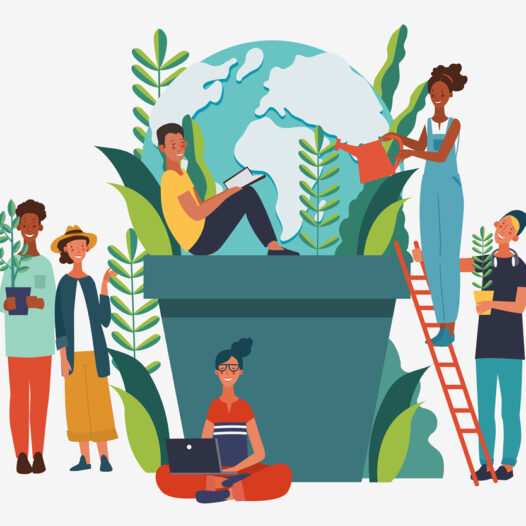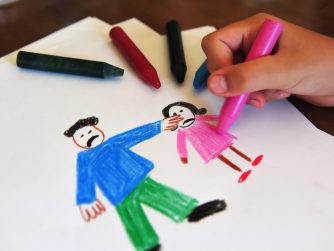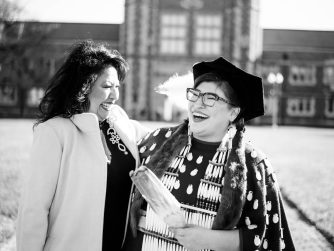Alisa Chirico
Societal values related to power and wealth, competition for resources, and exploitation of natural resources offer progress for some, but often at the expense and oppression of the most vulnerable members of our society. If social workers are going to work for change and empower vulnerable populations, it would be wise for us to lead the fight for environmental justice.
Our guest today is Alisa Chirico, a social worker and landscape architect. Chirico is uniquely positioned to talk with us about the intersection of environmental and social justice that will truly reflect the ecological perspective that has long been associated with the social work profession.
Wondering how to connect the macro environment into your conceptualizations, assessments and focus for intervention? Chirico will explain the connections that will enable us to be more articulate and effective change agents fighting for social, economic and racial justice for the people we serve.

Alisa Chirico, MLA, (she/her) is an MSW student at the University at Buffalo School of Social Work, and the leader of the school’s chapter of the Macro Social Work Student Network. She holds an undergraduate degree in comparative literature from Binghamton University and a master’s degree in landscape architecture from Cornell University. Chirico has over a decade of experience as a landscape designer, working in post-industrial restoration and stewardship, residential design and farming. She is an advocate for structural and environmental justice, food systems justice, climate justice and reproductive justice. She finds delight in bridging the perceptual gaps between people and the environment, and in empowering individuals and organizations to act as informed protectors and nurturers of the planet we share. Chirico hopes to help heal cycles of generational trauma and disrupt systems of subjugation, waste and neglect through meaningfully connecting people with the wildness and beauty that surrounds them.
Show Notes
Cite this podcast – Sobota, P. (Host). (2024, Feb 20). Green Social Work and Environmental Justice (No. 325)[Audio podcast episode]. In inSocialWork. University at Buffalo School of Social Work. https://www.insocialwork.org/green-social-work-and-environmental-justice/





